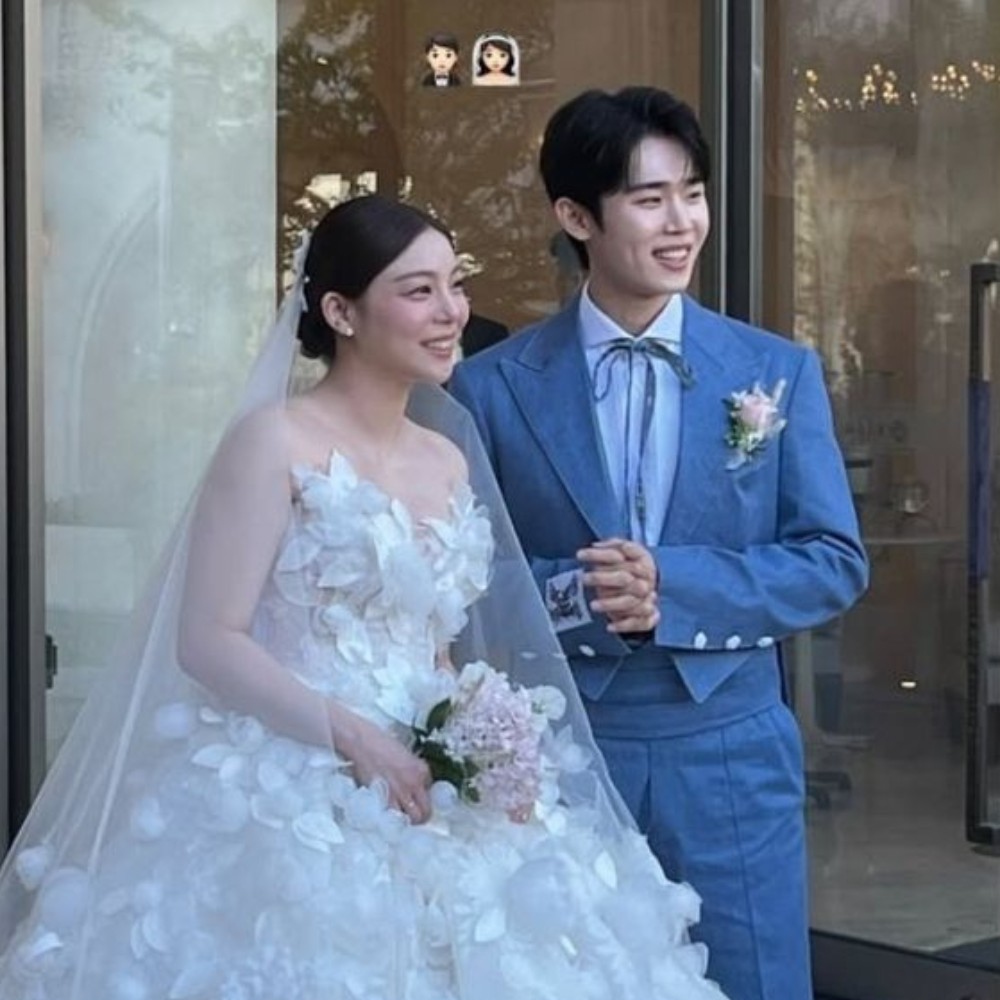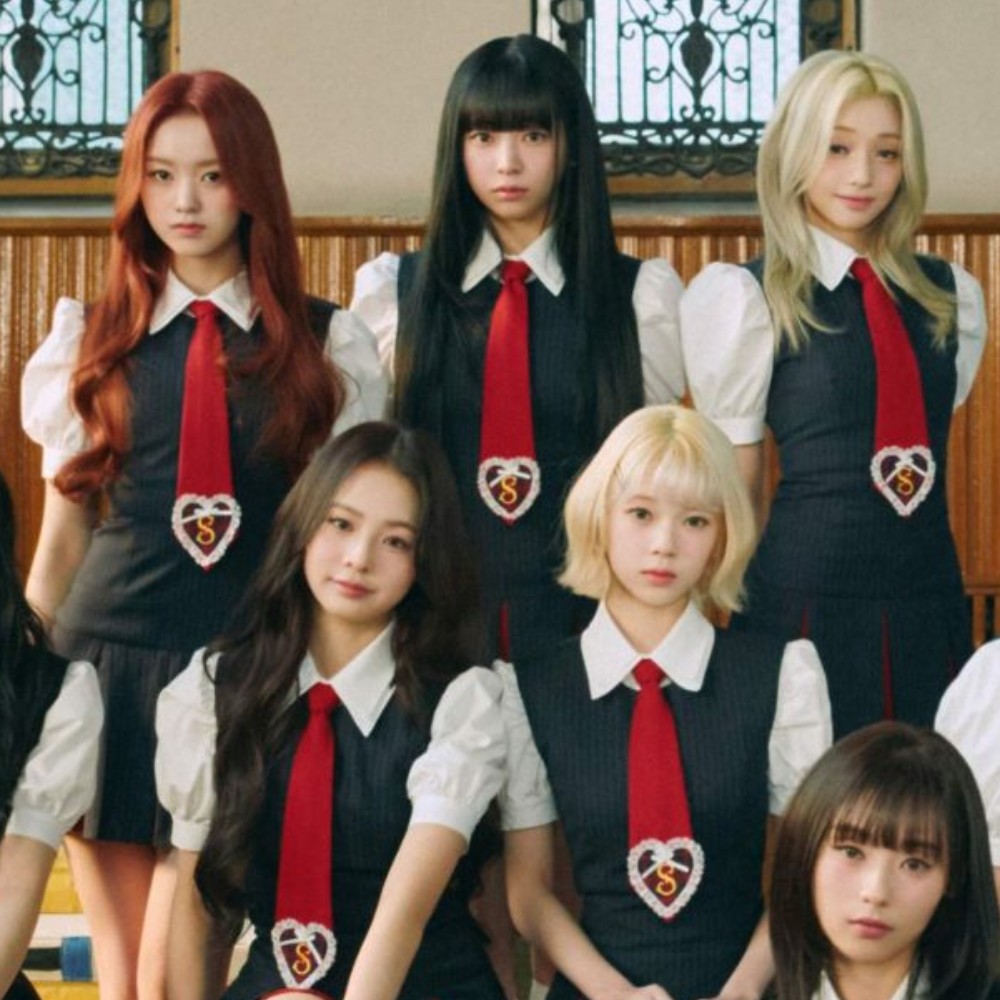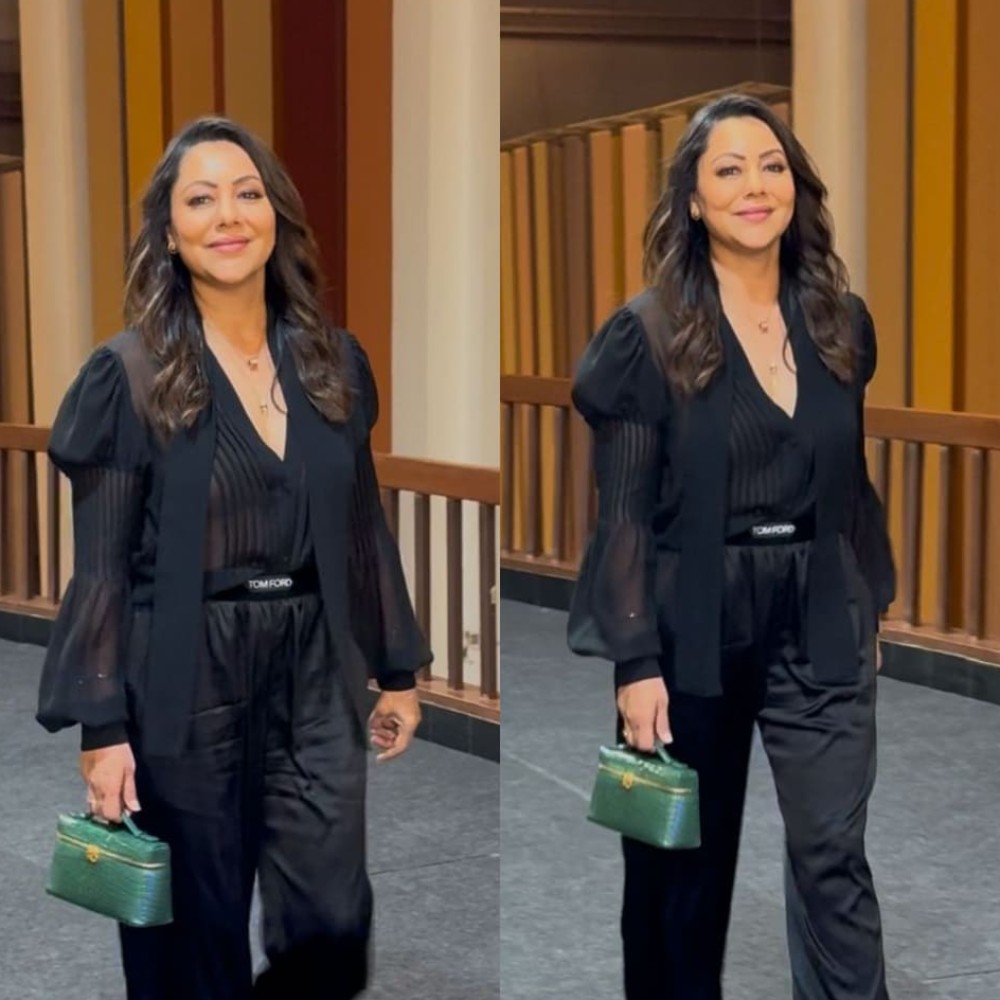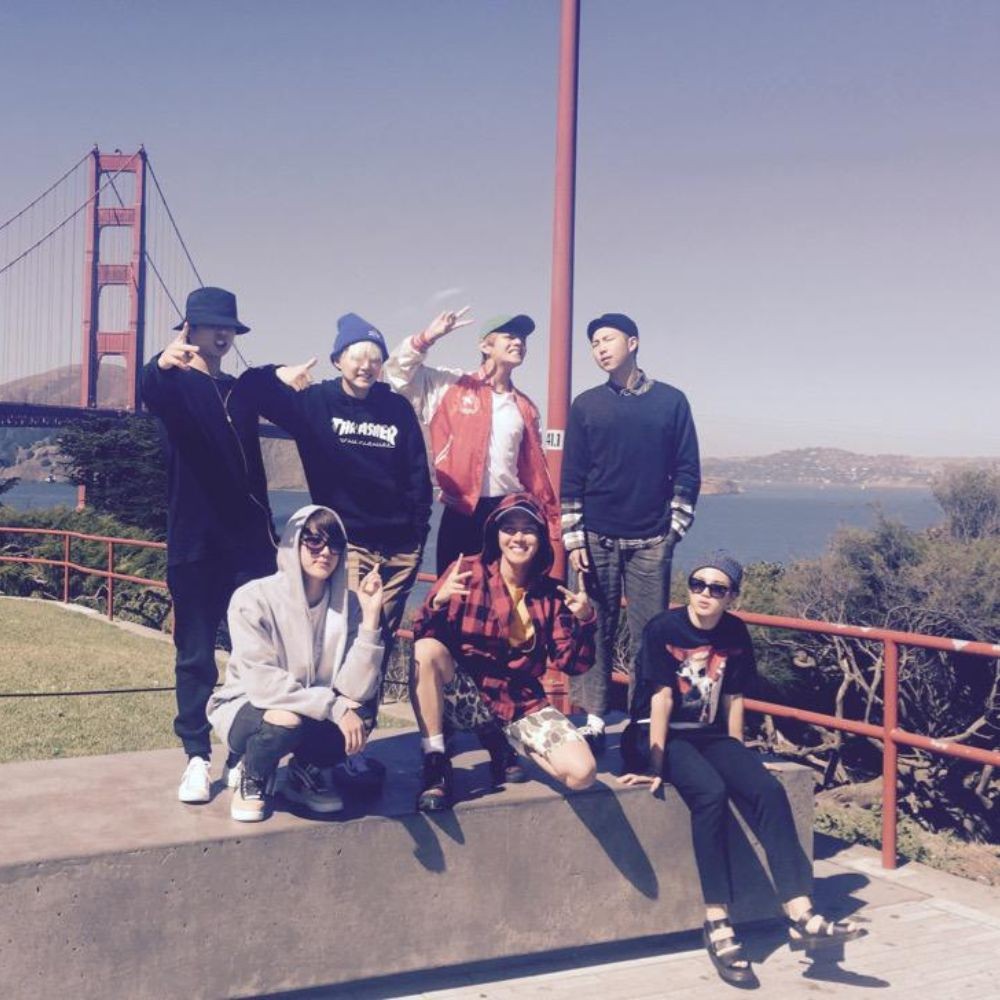What does BTS getting accused of sajaegi mean? Brewing news of Ministry of Culture’s investigation order explained
BTS will reportedly be investigated for allegedly attempting sajaegi in 2017. But what does it mean? Read on to know all details below.
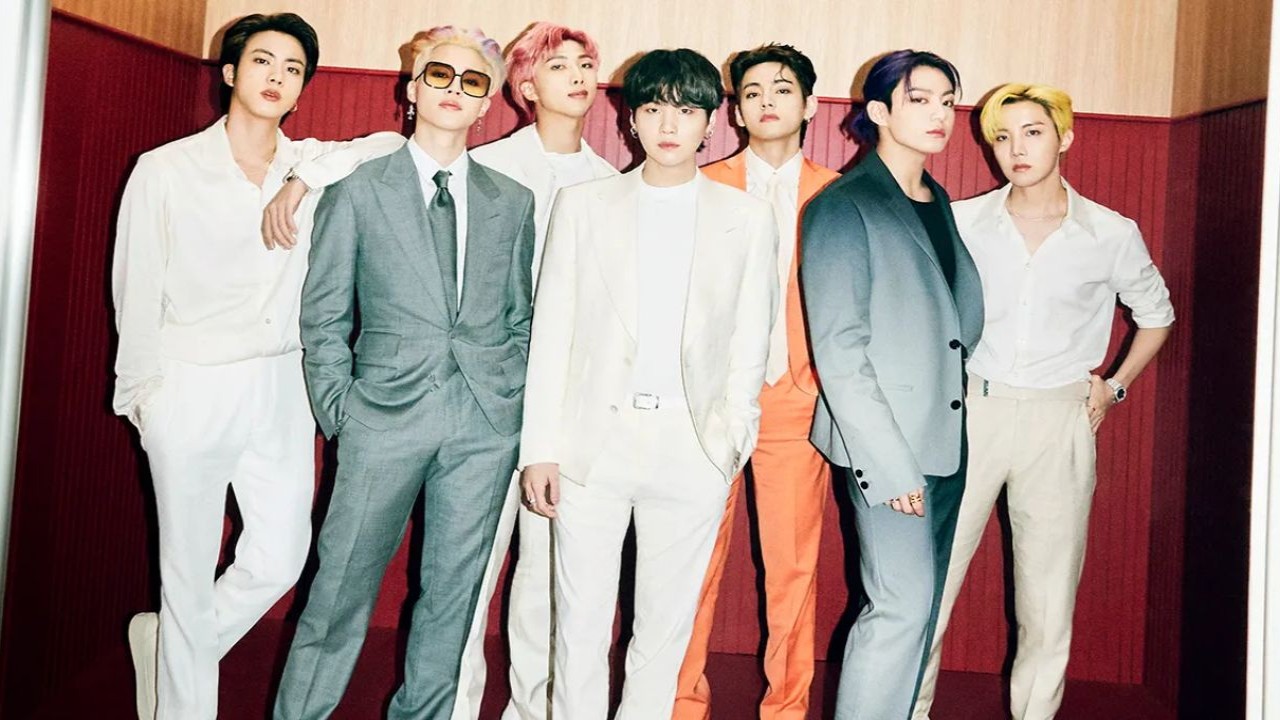
BTS, the K-pop sensation group is currently embroiled in a brewing controversy as their agency HYBE is reportedly being accused of attempting sajaegi back in 2017. As the reports suggest, South Korea’s Ministry of Culture has ordered a thorough investigation against the allegations after several petitions about the same.
Though their label has denied the accusations and vowed to combat defamation against the megastar group, there’s much curiosity surrounding the news.
What is sajaegi?
Sajaegi is described as a practice by the artists and agencies of the K-pop industry where actions are taken to rig charts and fake album sales to boost a particular group’s demand among the fans. It is considered an unethical and illegal marketing strategy that solely focuses on manipulating digital and physical charts.
Though in today’s competitive music scene, chart manipulation is something fairly witnessed globally, in South Korea, these practices are kept under wraps.
In general, the term sajaegi is used for hoarding or bulk-buying something essential that leads to a negative impact. However, when the word is used as a K-pop industry term, it means an agency buying their own group’s albums to create a notion of inflation in sales.
At the same time, many agencies announce events and fan signs ahead of an album’s release to advance the pre-order sales. This directly encourages fans to make bulk purchases within the first week of an album’s release.
However, to avoid any unnecessary controversy, groups generally fulfill their duties of attending fan events before concluding the album promotions. This also ensures a swift alignment between the actual sales figures, the pre-orders, and sold albums.
Though carried out in a calculated way, this practice is considered a manipulation of actual album sales.
Furthermore, in this digital era, many companies are said to plant bots or computer farms that artificially manipulate streaming numbers and chart rankings, leading to a particular group’s surprising uprise, which sometimes feels inorganic.
Why is BTS facing sajaegi allegations?
According to reports, in BTS’ case, South Korea’s Ministry of Culture confirmed receiving multiple petitions against HYBE. The reports suggest, that in 2017, the said agency engaged in chart manipulation practices for the group and also subsequently paid off the blackmailers.
Hence, an investigation will be launched against the label, enquiring about their actions in that year. It will reportedly be overseen by KOCCA aka Korea Creative Content Agency, an institution supervising the various cultural aspects of South Korea.
The allegations also stated that HYBE, under its former name BIGHIT Entertainment was blackmailed by four individuals in 2017, one of them named Mr. Lee. The reason was purportedly using unethical marketing strategies (sajaegi) for a 2015 album of BTS.
However, according to reports, Mr. Lee received a one-year prison sentence, while the rest were ordered to pay fines for blackmailing the agency. The court ruled out that Mr. Lee himself was engaged in the malpractices and threatened HYBE based on a similar arrangement.
Is BTS' Order of Cultural Merit in danger?
The recent reports claimed that alongside the investigation order, the Ministry also received another petition. Submissions stated that if the allegations against BTS are proven true, their Order of Cultural Merit should be revoked which was bestowed by the ministry back October 24, 2018.
Notably, since last week the septet group has been facing these allegations. HYBE vowed to strictly take legal action against any defamation of BTS that may endanger their public image. The agency would continue to monitor online platforms as well as other sources to alleviate further damage to the member’s reputation.
Meanwhile, over the years, multiple K-pop groups have faced sajaegi allegations. Most recently, SM Entertainment’s rookie boy group RIIZE has faced similar accusations.
Though in most cases, these incidents end up buried, the sajaegi controversies still pose the biggest threat to the K-pop industry, with rising debates about the groups’ credibility of album sales, online charts, stream counts, and more engagement practices.
Stay updated with the latest Hallyu news on: Instagram, YouTube, Twitter, Facebook, and Snapchat





 JOIN OUR WHATSAPP CHANNEL
JOIN OUR WHATSAPP CHANNEL








